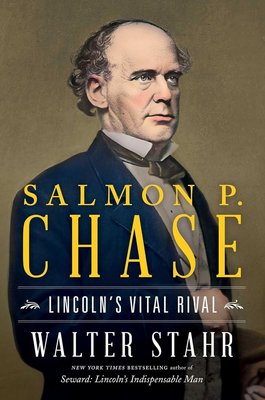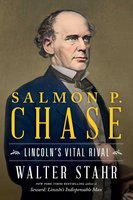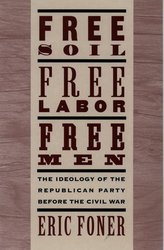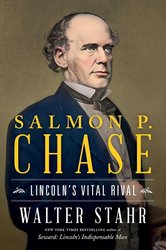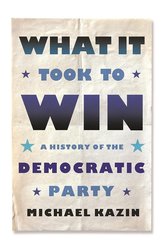An NPR Best Book of 2022 From an acclaimed New York Times bestselling biographer, an “eloquently written, impeccably researched, and intensely moving” ( The Wall Street Journal ) reassessment of Abraham Lincoln’s indispensable Secretary of the Treasury: a leading proponent for black rights during his years in cabinet and later as Chief Justice of the United States. Salmon P. Chase is best remembered as a rival of Lincoln’s for the Republican nomination in 1860—but there would not have been a national Republican Party, and Lincoln could not have won the presidency, were it not for the groundwork Chase laid over the previous two decades. Starting in the early 1840s, long before Lincoln was speaking out against slavery, Chase was forming and leading antislavery parties. He represented fugitive slaves so often in his law practice that he was known as the attorney general for runaway negroes. Tapped by Lincoln to become Secretary of the Treasury, Chase would soon prove vital to the Civil War effort, raising the billions of dollars that allowed the Union to win the war while also pressing the president to recognize black rights. When Lincoln had the chance to appoint a chief justice in 1864, he chose his faithful rival because he was sure Chase would make the right decisions on the difficult racial, political, and economic issues the Supreme Court would confront during Reconstruction. Drawing on previously overlooked sources, Walter Stahr offers a “revelatory” ( The Christian Science Monitor ) new look at the pivotal events of the Civil War and its aftermath, and a “superb” (James McPherson), “magisterial” (Amanda Foreman) account of a complex forgotten man at the center of the fight for racial justice in 19th century America.
